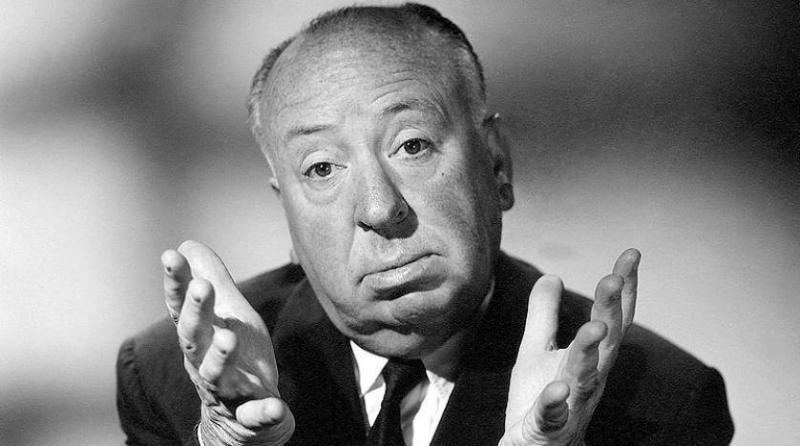It is hard to talk about the history of cinema without mentioning the name Alfred Hitchcock, the director who changed the face of global cinema entirely and added unique magical touches that made his films immortal in the memory of audiences and lovers of the seventh art. Hitchcock's films are artistic masterpieces that combine excitement, suspense, and psychological drama, and his works continue to inspire and influence new generations to this day.
Alfred Joseph Hitchcock was born on August 13, 1899, in Leeds, England. In his adolescence, he was locked in a police station for disciplinary reasons on the orders of his strict father, which caused him to develop a pathological fear of enclosed spaces and anxiety about prison, an influence that resonated in his films, earning him the title of "Master of Suspense." He worked in the film industry since the 1920s, starting his career as an animator, then as an assistant director, until he had the opportunity to shine as a main director. Hitchcock was not just an ordinary director; he was a pioneer in using innovative cinematic techniques to create an atmosphere of excitement and suspense, and his films resembled an exhilarating journey into the minds of characters and their complex nature. Among his greatest works is "Rear Window," released in 1954, which tells the story of a man with a broken leg who witnesses a murder from his apartment window.
Hitchcock's influence shaped a new form of cinema, establishing a standard for suspense and drama. His creativity did not limit itself to one genre, as he also presented remarkable works in the horror genre, including "The Birds," released in 1963, which is considered one of the most important films in cinema history. This film provided a terrifying portrayal of a bird attack on the inhabitants of a small town and succeeded in depicting horror through a threat from a natural and unexpected source.
The film "Psycho," directed in 1960, is still regarded today as a reference point in the history of horror films, particularly for its 45-second long murder scene in the bathtub, which took an entire week to shoot, with 78 different camera angles. A distinctive feature of Hitchcock's films is that he appeared in brief cameos in most of his movies, earning him the title "Master of Shadows," as he presented many of his most thrilling and horrific scenes in dim lighting and darkness. Critics noted that the genius of this director lay in his remarkable ability to tell a story through images without the need for dialogue. As the "Master of Horror," he also showcased a special talent for blending horror scenes with moments containing a touch of comedy.
Hitchcock's professional life spanned six decades during which he directed over 50 films, yet only five of his films won various Academy Awards, including one for Best Picture for "Rebecca" in 1940, without him ever winning an Oscar for Best Director. Graeme Ross, the arts editor for The Independent, noted that "Hitchcock's deprivation of an Academy Award remains a stain in its history," although receiving an honorary Oscar in 1968 did not diminish that fact.
Hitchcock passed away on April 29, 1980, in Los Angeles, and despite his passing, his films remain alive in the minds and hearts of people. Alfred Hitchcock is considered one of the most prominent symbols of global cinema, and his influence is still evident in the works of modern directors and cinema audiences alike. It is a legacy that will not be erased, and the lessons we draw from his works will continue to inspire the next generation.




